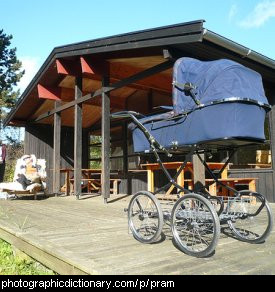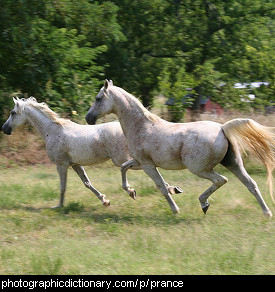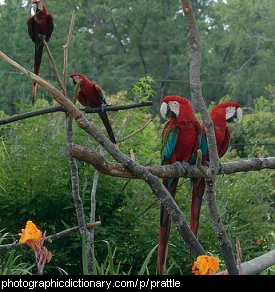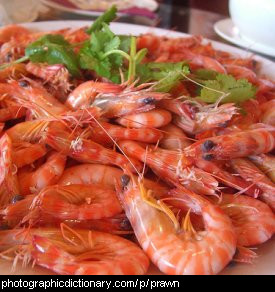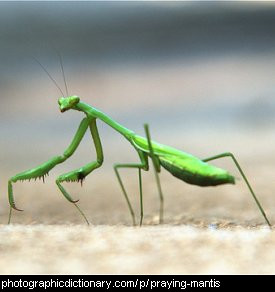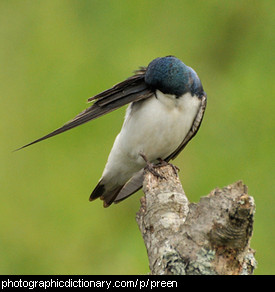You practice by doing something over and over again so you get better at it. The boy in the picture is practicing playing the piano.
A prance is a very proud, springy step. Usually when you are talking about prancing, you mean a horse.
Pis forPraying mantis
Scientific name: order: mantodea
Praying mantises can be found all over the world. They can be anything from a centimetre to a few inches long and are generally the same colour as their surroundings, so they can hide. They get their name because they hold their front legs as if they are praying. Praying mantises use their front legs to catch other insects, which they eat.













